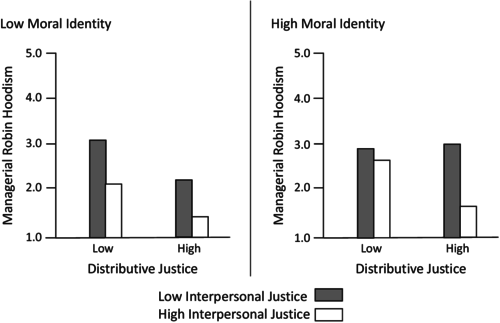2023
Cropanzano, R., Keplinger, K., Lambert, B. K., Caza, B., Ashford, S. J.
The Organizational Psychology of Gig Work: An Integrative Conceptual Review
Journal of Applied Psychology, 108(3):492-519, March 2023 (article)
2022
Cropanzano, R., Skarlicki, D. P., Nadisic, T., Fortin, M., Van Wagoner, P., Keplinger, K.
When Managers Become Robin Hoods: A Mixed Method Investigation
Business Ethics Quarterly, 32(2):209-242 , Cambridge University Press, 2022 (article)
2021
Sheila Hanson, Ksenia Keplinger
The balance that sustains benedictines: family entrepreneurship across generations
Entrepreneurship & Regional Development , 33(5-6), 2021 (article)
Keplinger, K., Hanson, S.
Religious Leaders and Entrepreneurs: Synthesizing Values-driven Leadership Approaches to Managing Organizations
Academy of Management Proceedings, 2021(1):15569, Academy of Management Annual Meeting 2021, 2021 (article)
2020
Susan E. Murphy, Timothy Steffenmeier, Richard Morgan, David V. Day, Elisa Adriasola, Tina Davidson, Tamara Hernandez, Markku Jokisaari, Phoenix Van Wagoner, Susanne Helena Braun, Olga Epitropaki, Sofya Isaakyan, Stefanie Johnson, Ronit Kark, Ksenia Keplinger
Exploring New Approaches to Leader Identity Development
Academy of Management Annual Meeting 2020, 2020 (conference)
2019
Ksenia Keplinger, Stefanie K. Johnson, Jessica Kirk, Liza Barnes
Women at work: Changes in sexual harassment between September 2016 and September 2018
PLOS ONE, 14(7), 2019 (article)



